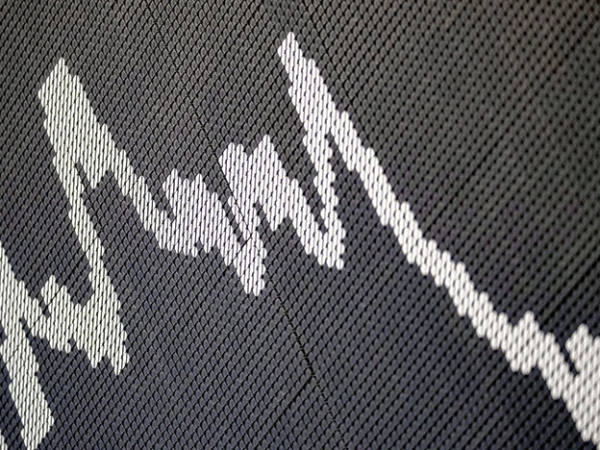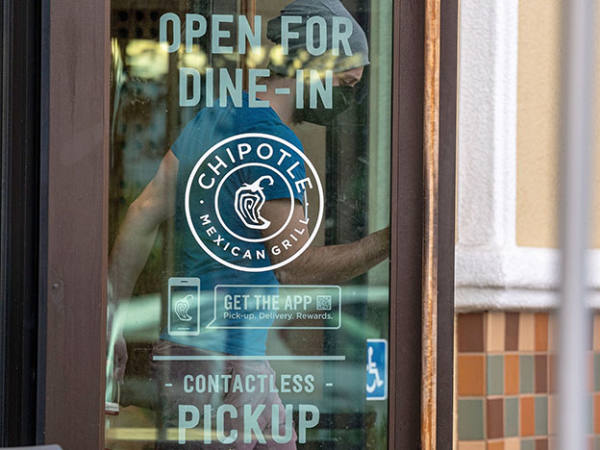For most of last year, central banks and the market had managed to toe the line that inflation was transitory and monetary largesse could continue. That all changed in the final months of 2021 and January seems to have found investors in a far more sober mood. And this month’s Alpha* investment trust report seems to suggest we are at an inflection point, with lots of new trusts – stout, income generating types – featured. This makes some sense in the context of heightened concerns about persistent inflation and interest rate rises. Pershing Square is one of these new arrivals.
| Pershing Square | |||||
|---|---|---|---|---|---|
Name | TIDM | Mkt Cap | Price | DY | Gearing |
Pershing Square Holdings | PSH | £5,824m | 2,925p | - | 6% |
Discount to NAV | |||||
Z-Score | Now | Avg. | Low | High | |
-2.2 | -30.90% | -26.20% | -17.70% | -30.90% | |
Share Price Performance | |||||
1m | 3m | 6m | 1y | 3y | 5y |
-2.50% | 8.90% | 10.20% | 11.60% | 185.80% | - |
Top Ten Holdings | |||||
Name | % Port | ||||
Lowe's Companies Inc | 13.6 | ||||
Chipotle Mexican Grill Inc | 10.6 | ||||
Restaurant Brands International Inc | 10.4 | ||||
Hilton Worldwide Holdings Inc | 10.1 | ||||
Agilent Technologies Inc. | 9.9 | ||||
Starbucks Corp | 7.1 | ||||
The Howard Hughes Corp | 5.4 | ||||
Financial Services | 3.5 | ||||
Sponsor Warrants | 1.7 | ||||
Restaurant Brands International LP | 0.1 | ||||
Total | 73 | ||||
Source: Winterflood/Morningstar | |||||
Pershing Square Holdings (PSH), unusually for an investment trust, falls into the category of hedge funds and its greatest glory of the past few years has been some immaculately timed hedging. At the same time it has more in common with a highly-concentrated long-only fund.
In saying PSH has more in common with a long-only fund than a classic hedge fund, I don’t mean that it is in any way a normal kind of trust. It is very weird and there are very good reasons for its whacking great discount, even if the valuation looks on the low side at the moment.
Maybe the most prosaic of the reasons for the wide discount are the trust’s eye-watering fees. These are similar to those of classic hedge funds. There is a 1.5 per cent management fee and a 16 per cent performance fee above a high-water mark. The manager also often gets involved in legal wrangles and the trust bears its share of these costs along with other running expenses. As an illustration of the impact of these costs, in 2021 shareholders saw a net asset value (NAV) return of 26.9 per cent on the trust’s 33.9 per cent gross return.
The performance in 2021 still looks impressive, though, and it builds on a storming 70 per cent return in 2020. The majority of the NAV surge in 2020 was the result of putting a large hedge in place just before the Covid-induced market collapse. The profits from this trade were swiftly recycled into equities in mid-March.
The manager reckons this canny manoeuvre contributed to a NAV gain of about 55 per cent in the year. Pershing Square has form in profiting from crises. Before it was listed, the fund also made out big during the credit crunch with some exquisitely-timed hedging. Both hedges were executed using credit default swaps (CDS).
Despite these moments of brilliance, PSH, which is the vehicle of famous US investor Bill Ackman, has something of an erratic record since obtaining its dual listing on the Euronext and London Stock Exchange in October 2014. In particular, the years of 2015 to 2018 were poor.
Part of the reason for the disappointments was a massive and high-profile short bet PSH had against a US nutrition supermarket called Herbalife. Famously, Ackman bet $1bn that the company’s shares would go to zero. A documentary was even made about the massive short bet. However, it proved a disaster and having initiated the position in 2012, PSH finally called time in 2019.
The trust has been more circumspect on shorting since, but it may be folly to expect this to always remain the case. PSH still has a taste for the weird, wonderful and complex.
A case in point is Pershing Square’s US-listed special purpose acquisition company (SPAC), Pershing Square Tontine (US:PSTH). PSH has an economic interest through PSTH sponsor warrants. These warrants have the potential to pay out handsomely off the back of a good reverse-takeover deal. Ackman used another SPAC in 2012 to bring Burger King to market and made a killing.
However, it’s been far from smooth going with the new vehicle. In mid 2021, it looked like a plumb acquisition had been lined up for PSTH in the form of the acquisition of a 10 per cent stake in Universal Music Group. But a fiendishly complex structure for the deal ultimately contributed to the US stock market regulator, the Securities and Exchange Commission (SEC), giving it the thumbs down.
From a high of almost $33 a share, the SPAC’s price has plummeted to below $20. There are currently a number of options being considered, including adopting a new and novel structure that would liberate the SPAC’s cash until a new deal was found.
For readers whose temples are beginning to thump with all this complexity, I am sorry to say there is more. While the gearing figures listed in the table do not look notable, there is actually a lot of debt locked into the structure of the investment trust. The trust has several tranches of bonds with maturities out to 2039 and interest rates ranging from 1.375 per cent to 5.5 per cent.
At the half-year stage (30 June 2021) the bond debt represented a total indebtedness to total capital ratio of nearly 18 per cent. Cash balances are the reason for the gearing figure in the above table appearing much lower than this.
The most expensive and largest tranche of the bond debt (a $1bn at issue) is in the process of being refinanced due to it maturing on 15 July. A substantial amount was retired following a tender offer last year and in October $1.2bn of new bonds were issued at interest rates of 1.375 per cent and 3.25 per cent.
Another complication with the gearing figure in the above table is that the use of derivatives means market exposure can potentially be a lot higher than the reported number. The trust’s disclosure is very limited, which makes it hard to know exactly what’s going on. NAV updates are only provided weekly. The opacity is in part to protect trade secrets and stop others from cloning the trust’s strategy. Still, it is another reason for the wide discount.
One may expect the high fees and complexity to be the target of investment trust activists keen to narrow the discount by making the trust more friendly to outside investors. However, affiliates of the trust, which includes Ackman’s own 21 per cent stake, hold enough shares to stop outsiders from achieving the 75 per cent support needed for a wind-up vote.
So, plenty to consider. Oh yes, what about the actual portfolio? Easy to forget given the litany of other concerns.
The trust is best regarded as a value investor. Its aim is to seize opportunities to buy significant (but not controlling) stakes in excellent companies when the shares have temporarily got very cheap. It engages with the companies it owns shares in to try to encourage improvements and is sometimes regarded as an activist investor. The portfolio is highly concentrated. These characteristics help explain why periods of underperformance, such as 2015 to 2018, should not come as too much of a surprise despite Ackman's celebrity as an investor with the Midas touch.











